Perfusion Pump for Incubator
Culture up to 6 chips inside the incubator with the flow profile that you need
Incubator-friendly
Keep everything neatly inside the incubator
Pulsatile or linear flow? You can choose
Programmable pump opens a myriad of physiological flow possibilities
No more mechanical stress
Gentle pressure-driven flow not to squish your cells
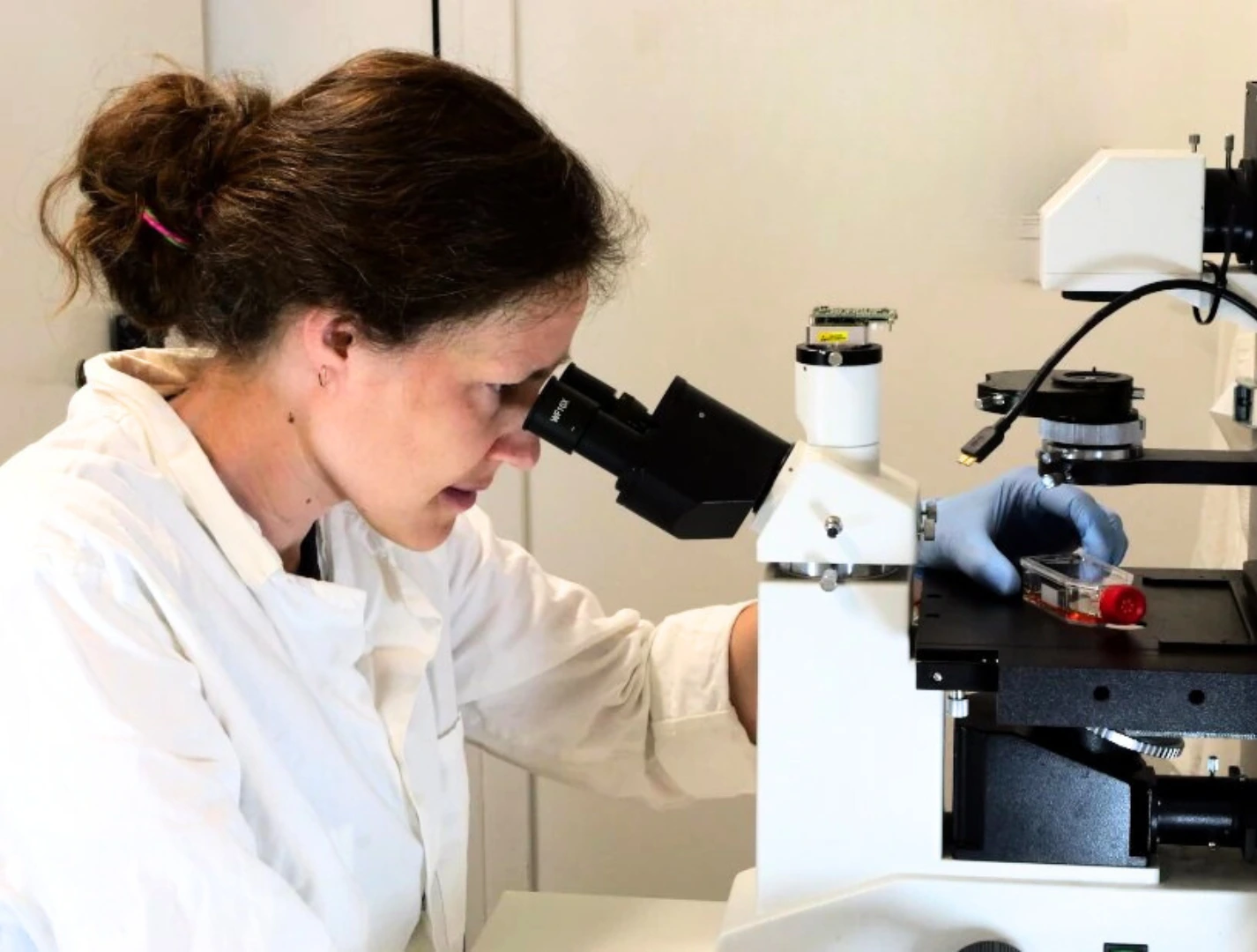
Need a microfluidic SME partner for your Horizon Europe project?
Perfusion pump
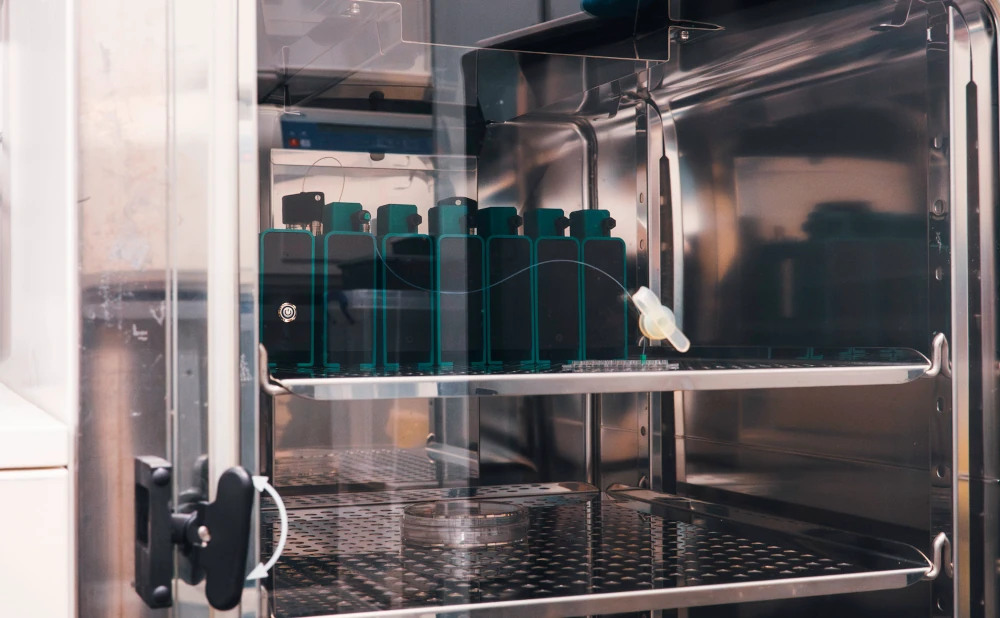
Incubator-friendly pump
Our perfusion pump was designed to keep the same conditions for your entire system and experiment by putting everything inside the incubator. It can withstand the humidity and temperature of the CO2 incubator for prolonged periods while providing precise flow control over your cells.
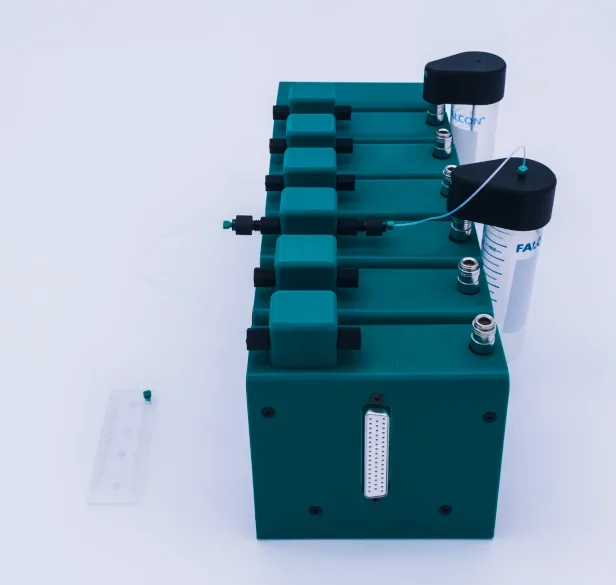
Autonomous
This perfusion pump is self-contained.
It has everything you will need to culture your cells dynamically: an integrated pump and a flow sensor to substantially decrease the number of connectors and tubing!
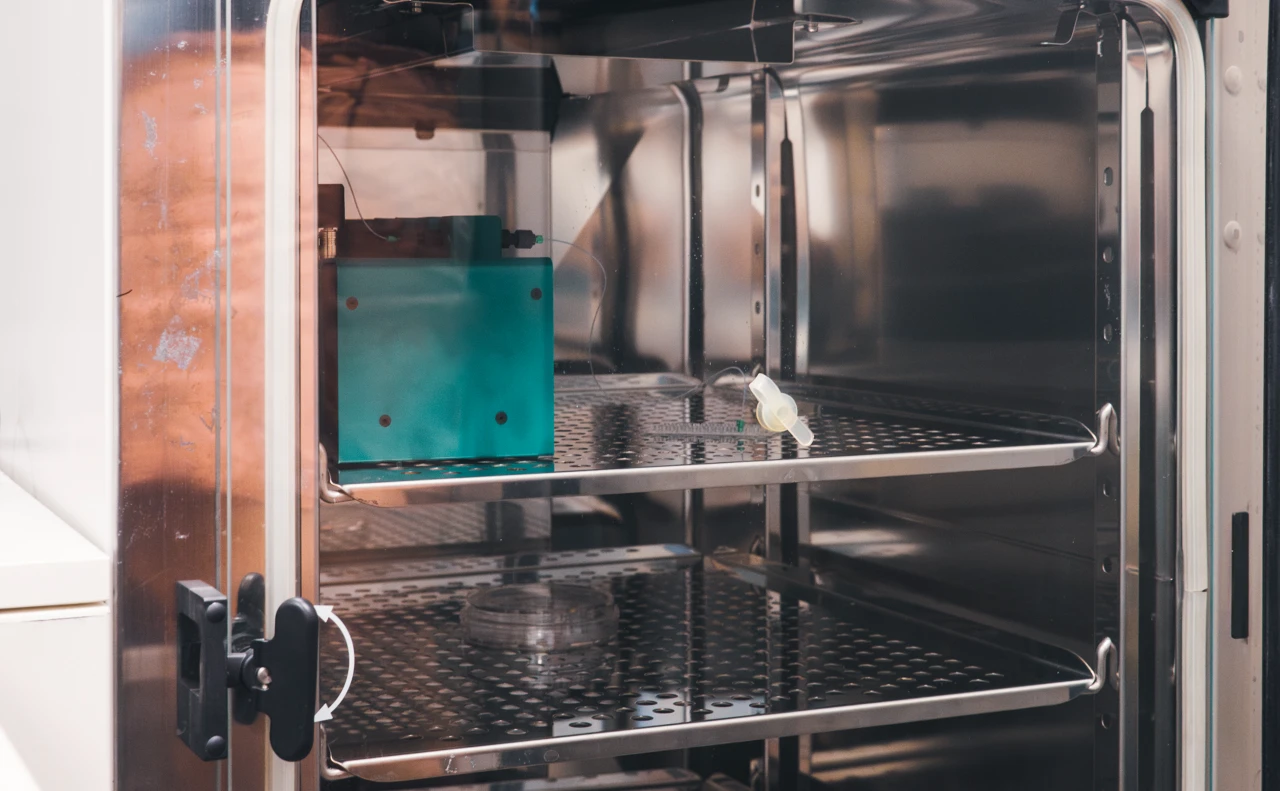
Compact
We kept the footprint of the perfusion pump to the smallest possible amount because we know that incubator space is limited and often shared. Thus, we want to allow you to perform several experiments simultaneously without taking up the entire incubator.
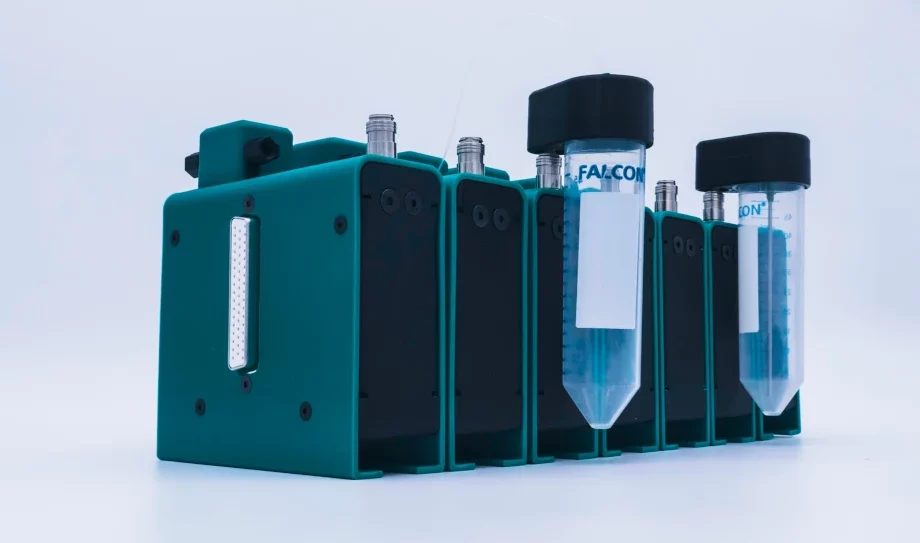
High throughput and modular
Concentrations 1, 2, and 3 in triplicates plus the controls, the number of simultaneous experiments escalates quickly. This high throughput perfusion pump can be stacked up to 6 units. Its modularity ensures the flexibility you need while maintaining robust and reliable results.
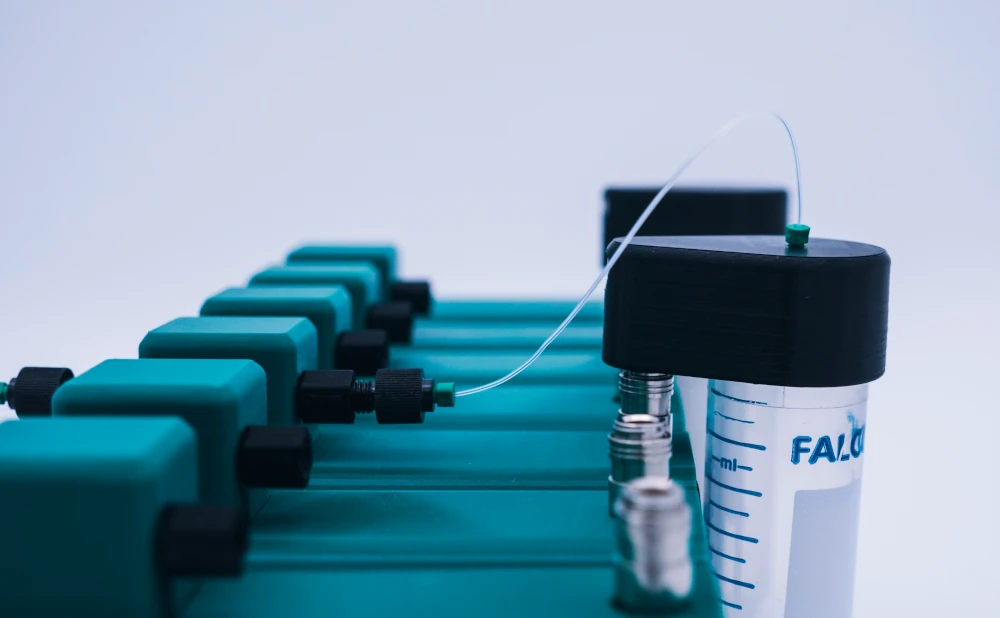
Easy to use
Based on users’ feedback, we substantially decreased the tubing you need to use in your experiments. New plug-and-play connections make assembling, disassembling, and cleaning much more accessible, so you don’t need to worry! Less variability in the assembly also favors better reproducibility.
Applications and compatibility
The perfusion pump is compatible with organ-on-a-chip applications, and it is not limited by your chip design or manufacturer.
Applications can include:
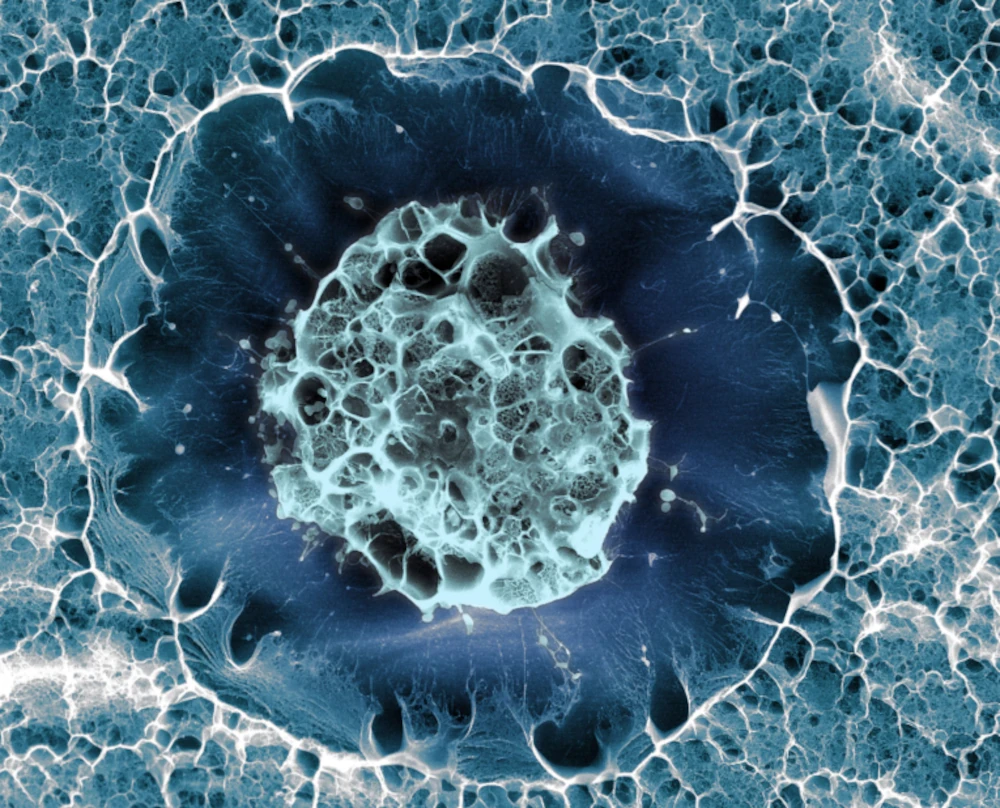
Stem cell culture
Automated and fail-safe long-term microfluidic cell culture system.
✓ Highly controlled microenvironment
✓ Fail-safe mechanism
✓ Automated sequences
Stem cell culture
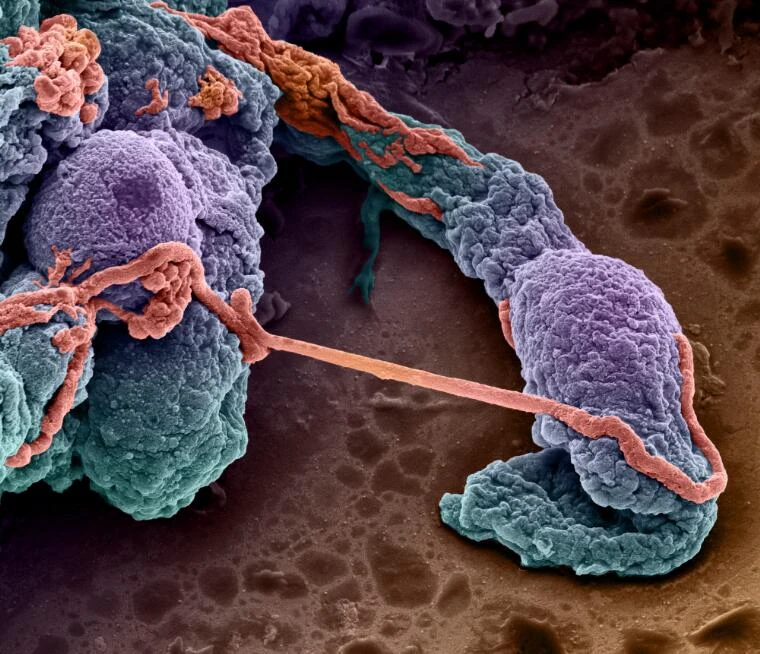
Blood-brain barrier on chip
Plug-and-play instrument pack for long term BBB on a chip study
✓ Relevant microenvironment
✓ Automatized organ-on-chip perfusion
✓ Plug-and-play microfluidic platform
Blood-brain barrier on chip
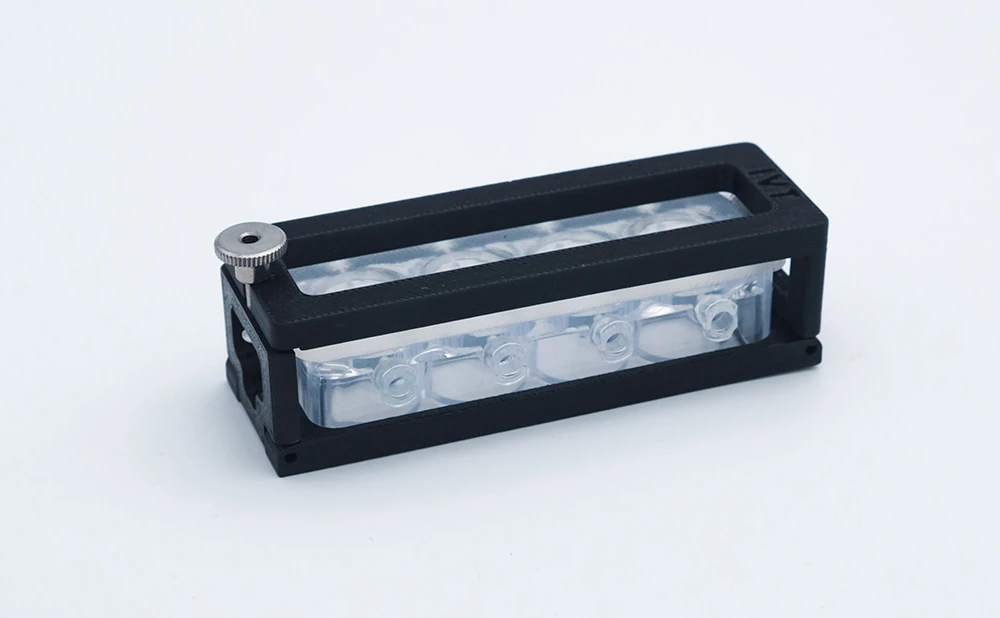
Shear stress
Cell culture system for shear-sensitive cell lines
✓ Safe Neuron Culture Under Flow
✓ Highly Controlled Microenvironment
✓ Up to 3-week Long Cell Cultures
Shear stress
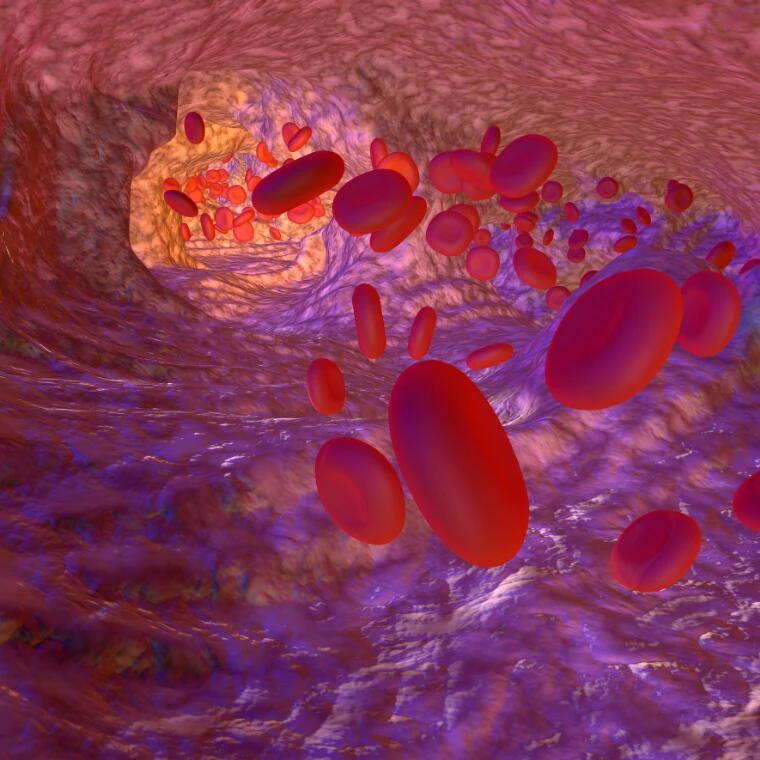
Blood-vessel-on-chip pack
Reproduce physiological flow conditions for vasculature assays
✓ Reproduce Physiological Shear Stress
✓ Unindirectional Flow
✓ Use the Device of Your Preference
Blood vessel formation & occlusion (Atherosclerosis)
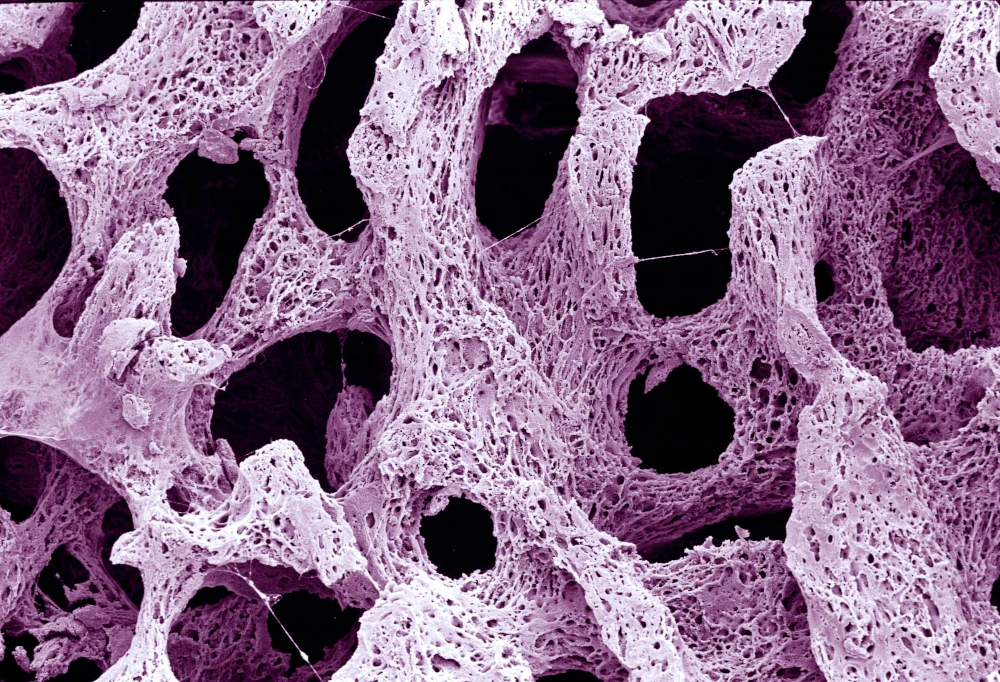
Bone-on-a-chip pack
Easily mimic the complex bone physiology and extracellular environment
✓ Control Complex Microenvironments
✓ Up to 3-week Long Cell Cultures
✓ Fail-Safe Mechanism
✓ Plug-and-Play Platform
Bone homeostasis and disease (Osteoporosis)
Immune response
Drug screening
Models of physiology and disease
And many more!
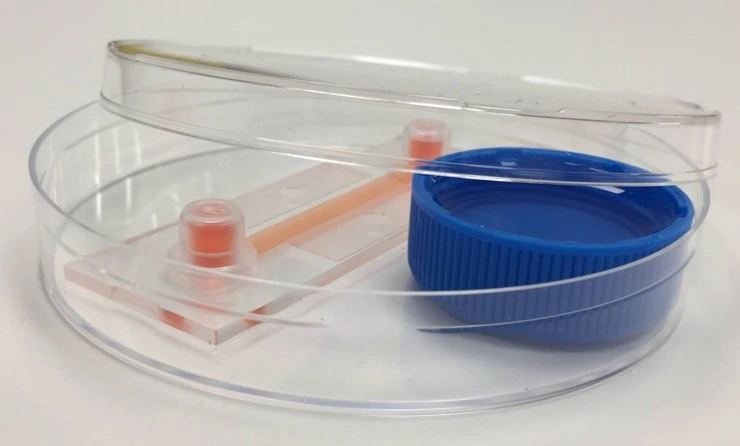
Chips
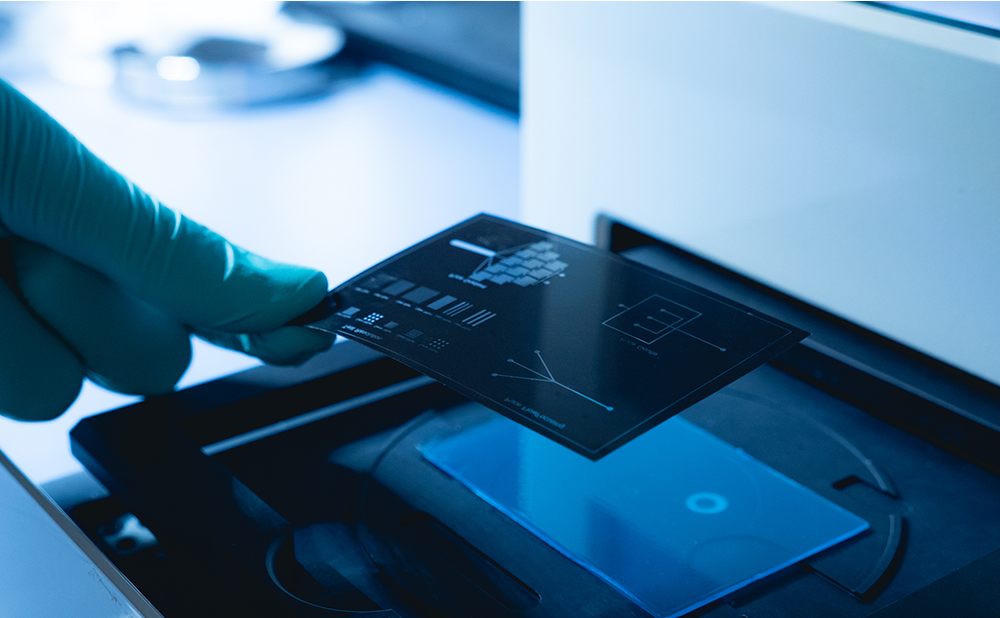
PMMA device station
From mold development to high-resolution PMMA chip fabrication
✓ Fast process
✓ Multiple applications
✓ Simple and innovative setup
PMMA
Homemade devices, PDMS
Synvivo
Ibidi
Microfluidic ChipShop
And many more!
Assays
TEER
Immunostaining of endothelial cell markers
Albumin reabsorption
3D reconstructions
Perfusion assay, using fluorescent dyes
Pharmacokinetics assays
Immunohistochemical and histopathological characterization
Toxicity assays
And many more!
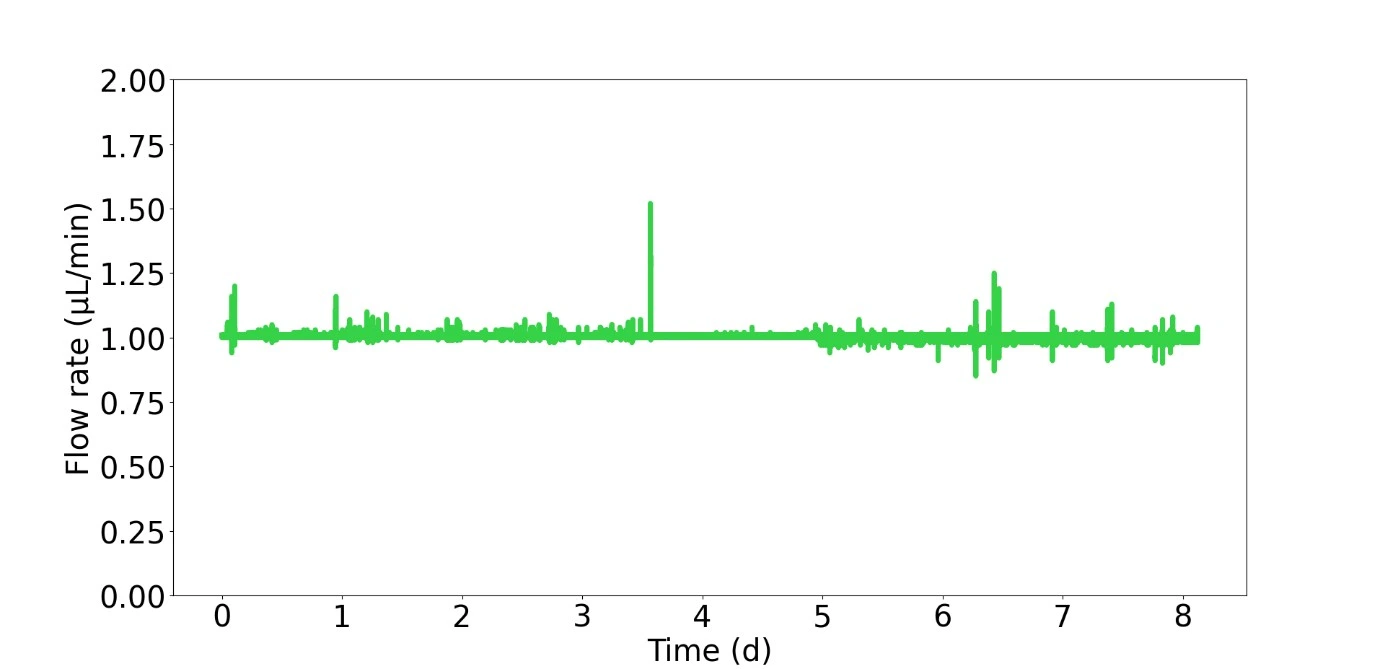
Cells were cultured in a microfluidic chip for 8 days with constant perfusion (1 µl/min) using the perfusion pump. After 8 days, cells were stained in the chip with propidium iodide. An integrated flow sensor measured the accuracy and flow profile of the perfusion pump.
The profile obtained was very stable, with amplitude peaks corresponding to external interventions (such as opening the cell culture CO2 incubator door).
The whole procedure can be checked here.
Experimental results
Perfusion pump technical specifications
The technical specifications of the perfusion pump can be found below.
| Pressure control | |
|---|---|
| Pressure range | 4 Channels (0 to 600 mbar) |
| Pressure stability | 0.2 mbar |
| Recirculation loop | 4 check valves, polycarbonate, male Luer; compatible with 1/4″-28 standard microfluidic fittings |
| Flow control | |
|---|---|
| Microfluidic flow sensor | Monitoring and feedback loop flow control available |
| Flow rates | From 0.1 µL/min to 5 mL/min |
What comes inside the box?
When you order the perfusion pump, you can expect to receive the motherboard with the desired number of units, the reservoirs, flow sensors, the software, and the cable to connect to the computer, as seen below (the laptop is only illustrative).
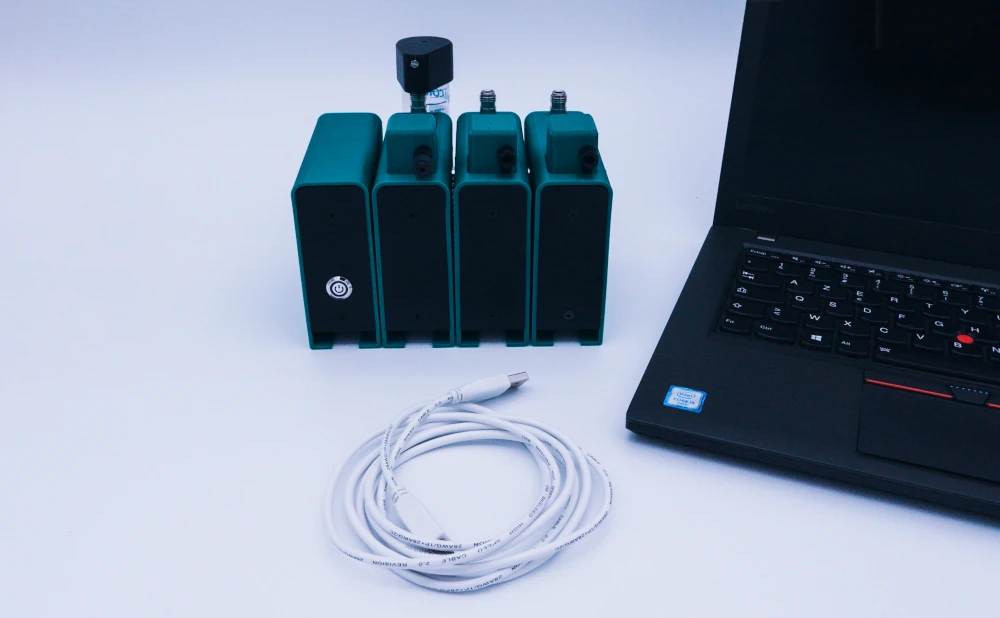
Customize your pack
Our instruments can be added to different setups depending on your specific needs. In this light, our microfluidic specialists will advise you on the best instruments and accessories depending on your needs and will accompany you during the system’s setup.
Frequently asked questions
Is the perfusion pump powered by battery?
No, the perfusion pump is connected to a computer through a cable, which acts as a power supply.
Do I need a computer to operate the perfusion pump?
Yes, it requires a computer and software to work. Nonetheless, it does not require a compressed air source.
Which microfluidic chips can be connected to the perfusion pump?
The pump can be connected to any microfluidic chip, employing the right connectors.




